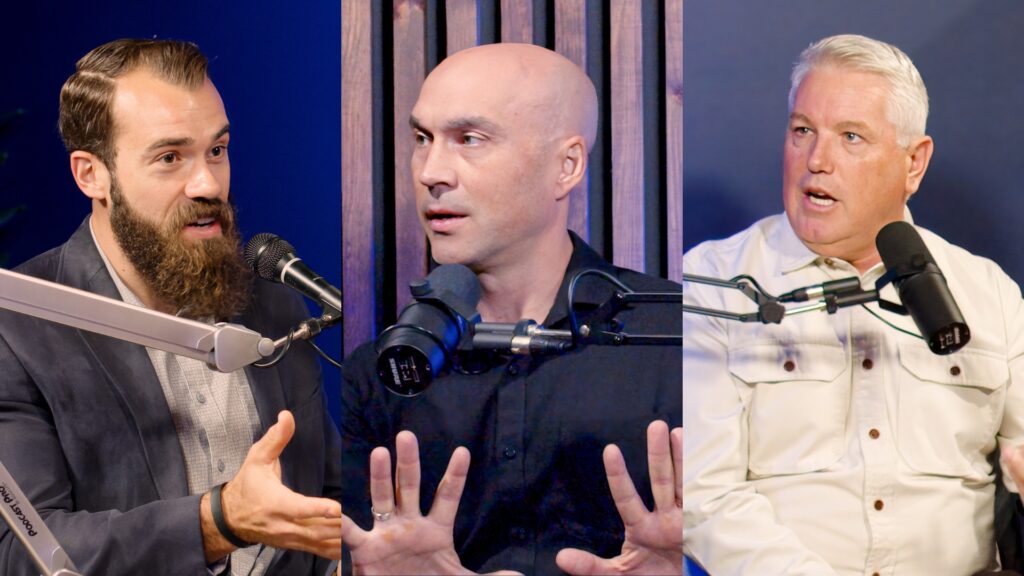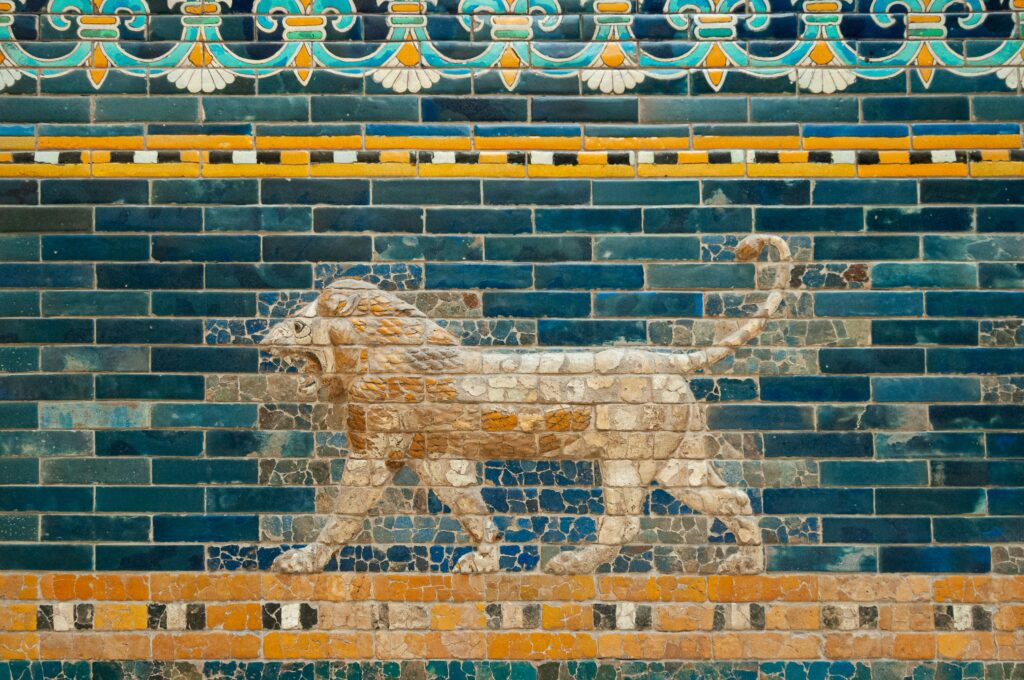This phrase caught me by surprise. My wife and I had been on the field for just a few years when we were visited by a couple who were helping with a project. They used their skills and experience to provide technical help to one of our ministries. It was a great service that continues to provide dividends to this day. But their surprise of what talents are beneficial to ministry made me realize that in many ways, our churches have neglected to provide a robust understanding of how God has a place for everyone in service of his kingdom. This shortcoming can be overcome by giving greater attention to some forgotten characters of the Bible, people whose roles are often overshadowed by renowned figures but nonetheless contain important applications for “everyday” Christians wanting to join the workforce of God’s kingdom.
When God displayed his amazing power and delivered the nation of Israel from Egypt, he chose Moses to lead the people. When God desired to communicate his law to the people of Israel, he used Moses as his mouthpiece to share that message. When God gave the instructions on how to build a tent in which he could live among his people, he spoke those to Moses. But when it was time to actually construct and shape the parts of the tabernacle according to that plan, he did not pick Moses as the builder.
Moses was gifted with many abilities and skills from his unique training and experience. However, art and construction escaped his aptitude. Instead, while Moses was in glorious communion with God on top of Mount Sinai, God introduced Moses to two men by name. God chose and called Bezalel and Oholiab (Exodus 31:1-11) by name to carry out the work. These men had been specially endowed by God with impressive strengths. They did not have identical abilities, but each was proficient in different areas of design and craftsmanship (Exodus 35:30-35).
Even greater than their skills though, is the fact that God gave these men his spirit. Often when we speak of or think of God’s spirit in the Old Testament, we consider it to be used for prophecy or performing great miracles. Yet here it is given to help in constructing the tabernacle. God cared about dwelling with the people of Israel, so he carefully designed a tent to be a place of drawing near to God. To accomplish this, he drew near to these two men and gave his presence as they shaped a home for God’s presence. And it was not just these pair of faithful servants, but many were given the ability to work with their hands and construct a magnificent place for God to dwell on earth.
God called these two men by name. In my years growing up in church, I don’t remember ever learning their names. Nor do I recount studying the man used by God to build his temple many years later. Yet these were not unimportant jobs done by unimportant people. Instead, they reflect the truth that God uses people with all sorts of skills to build that which is important to him. By passing over these stories of seemingly ordinary men, we unconsciously forget that those with tactile skills may feel unneeded or unwanted for God’s important work. But the reality is that the global church requires the contributions of all skills. Of course the church needs bold preachers and pioneer evangelists, but they also need those skilled at engraving, or coding, or counseling, or grammar, and so many others.
Bezalel and Oholiab should be just as well known to the children in our churches as David and Paul. The musician Asaph (1 Chronicles 16:4-7) and his singers should be celebrated just as much as the prophet Elijah. The daughters of Zelophehad (Numbers 27:1-11) should be taught just as much as Mary. To build a complete church, we need to teach the characters of the Bible that show us the full range of abilities and skills with which God has given people to serve. Nobody should be surprised that their uniqueness can be used by God to share the story of his love with the world.





